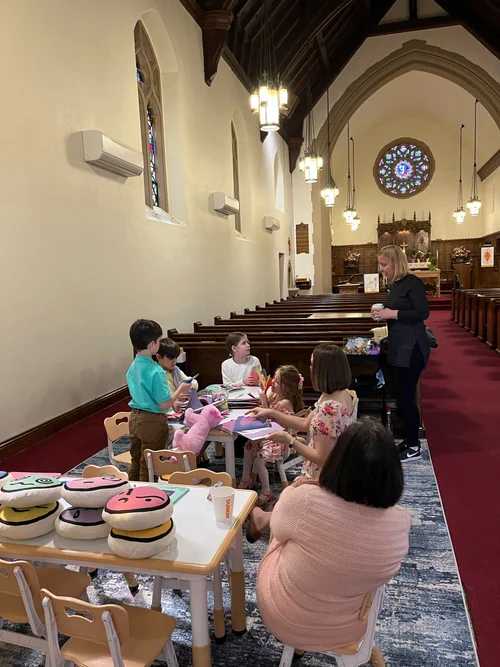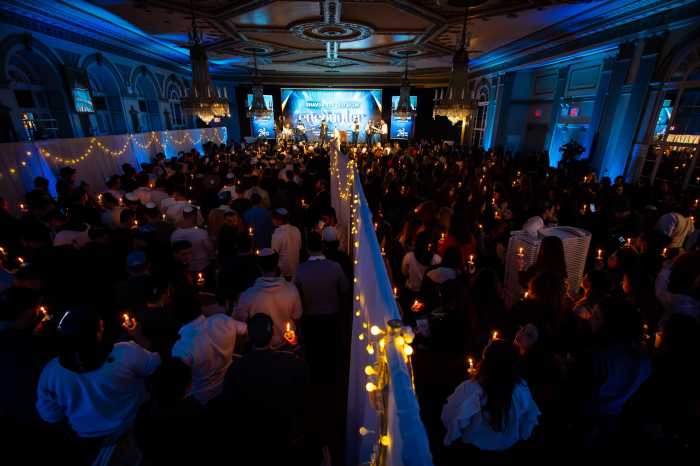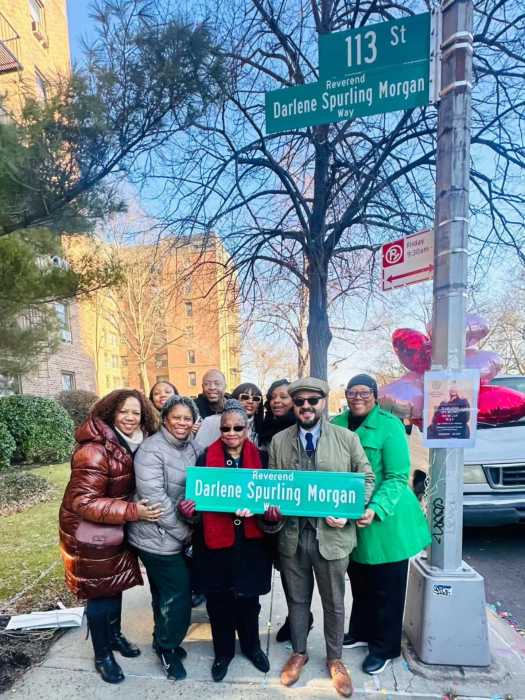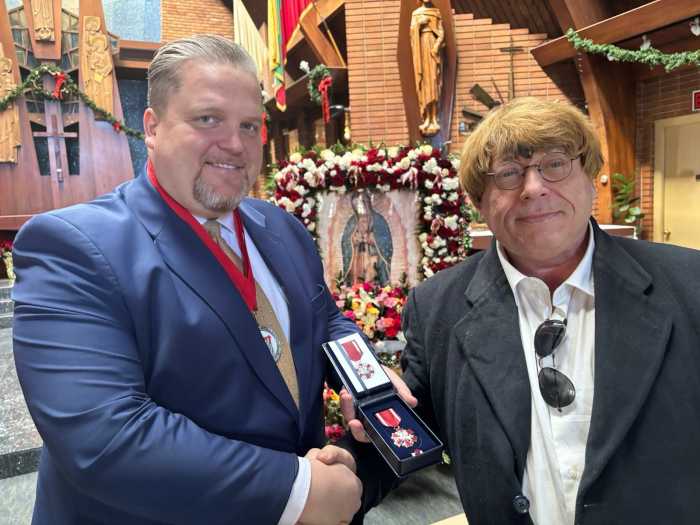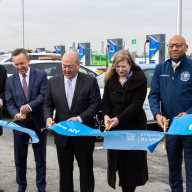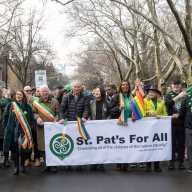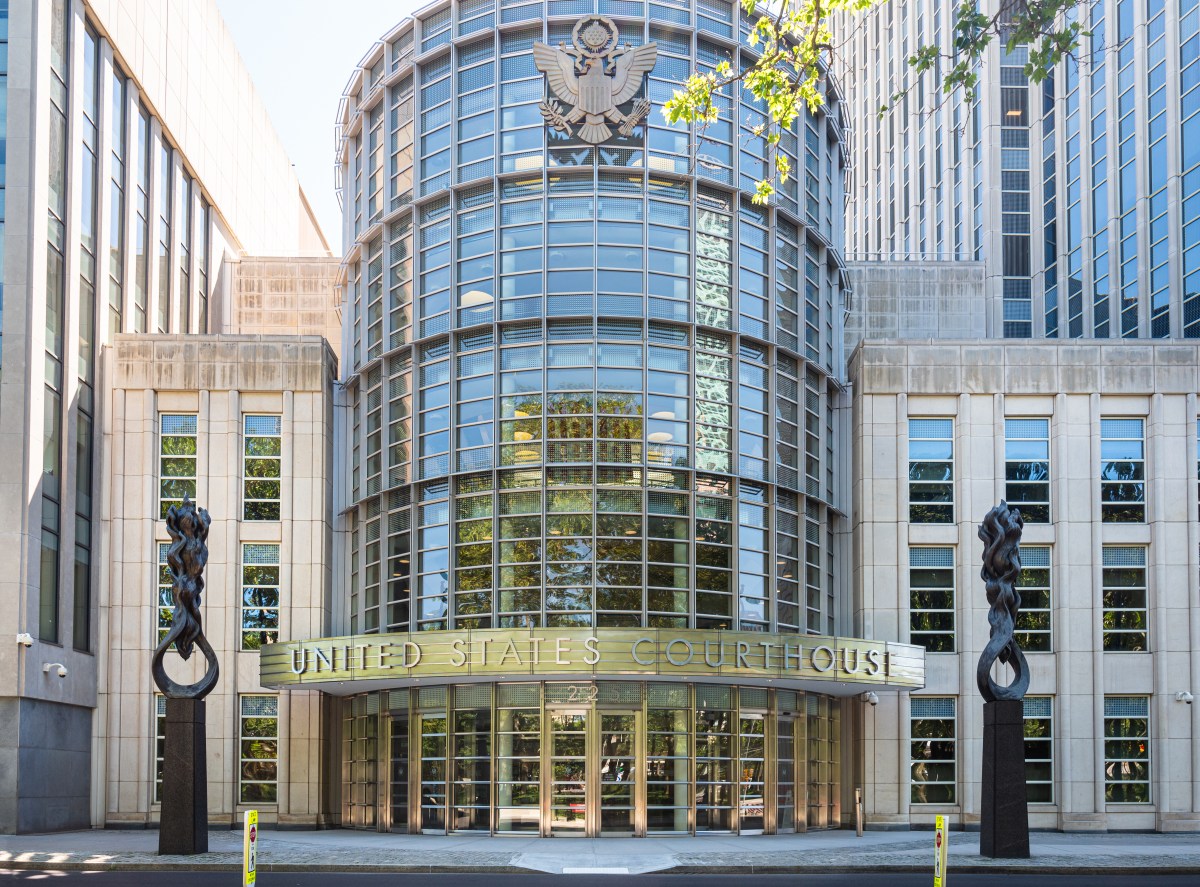Transfiguration Church, a historic institution in the heart of the Maspeth community, has been a pillar of faith for over 100 years.
Also known as Transfiguration – Saint Stanislaus Kostka, the parish at 64-25 Perry Ave. has witnessed generations of worshippers and plays an essential role in the local community. However, the beloved church is now facing a series of challenges that have placed its future in jeopardy.
Declining parishioner numbers, mounting financial pressures, and critical infrastructure needs have forced church leaders to confront the possibility of a permanent closure and the sale of the property.
Two years ago, in an effort to secure funding for essential repairs, representatives from Transfiguration Church submitted a proposal to designate the church as a historic site. This designation would not grant the church landmark status but would allow the parish to apply for government grants to help cover the costs of restoring the church’s deteriorating exterior.
The proposal, which was submitted through the Newtown Historical Society, highlighted the church’s historical significance to the community and the borough of Queens.
The church was allegedly not alone in seeking this designation; Dr. Paul-Michael Kazas, President of Knights of Lithuania Council 110, claimed that other Catholic and non-Catholic churches in the area have successfully obtained similar recognitions, which allowed them to access much-needed financial resources for preservation and repairs.
Although the proposal has yet to be fully processed, it could still be approved. The historical designation could serve as a critical resource in saving the church, but questions remain about why this avenue has not yet been fully pursued. It is Kazas’ understanding that an application was prepared and submitted to the Pastor of Transfiguration Church but that was the last update that he received.
Before its merger with the St. Stanislaus Kostka parish in September 2019, Transfiguration Church was considered financially stable and well-supported by its parishioners. The church’s financial health had allowed it to continue its mission and maintain its facilities.
However, over the years, the situation has changed dramatically. It is unclear what exactly caused the financial decline but Msgr. Joseph Calise speculates that a series of administrative and financial decisions may have contributed to the reduction in parishioner engagement and donations.
As the number of parishioners continued to drop, so did the ability to fund maintenance and repairs. In recent years, efforts to keep the church running have become more difficult. Now, the church finds itself in a position where maintaining the building and supporting its operations is no longer financially feasible.
In August of last year, the Diocesan Office of Buildings and Grounds comprehensively evaluated Transfiguration Church’s property. The assessment revealed significant structural issues that need immediate attention.
The church’s roof, which has been repeatedly patched over the years, is in disrepair, and other areas of the building are also deteriorating. The estimated cost of repairing the church’s roof and stabilizing the building is a staggering $800,000, according to Msgr. Calise.
This estimate does not include the need for a new heating and air conditioning system, which would require additional funding.
Additionally, the rectory, which is essential to the church’s functioning, needs approximately $500,000 in repairs to make it suitable for rental or use. These substantial repair costs are simply too much for the parish to bear alone. Without the support of grants or other funding, the church may not be able to remain operational in its current form.
Including the two worship sites merged into one parish, Maspeth is home to three Catholic churches—Transfiguration, St. Stanislaus, and Holy Cross—all within a short walking distance of one another. Historically, the area’s Catholic population was large enough to sustain these three worship sites.
However, in recent years, attendance has declined, and the number of parishioners is no longer sufficient to justify the upkeep of three separate churches. The lack of need for three worship sites makes it difficult to justify the cost of the repairs to Transfiguration, a cost that Msgr. Calise believes could not be covered as a parish but would have to be incurred as a diocesan debt.
The Diocese of Brooklyn and Queens, which oversees Transfiguration Church, has been considering closing one or more of the area’s churches to address the financial strain.
While the closure of Transfiguration Church is not yet confirmed, church leaders have made it clear that this is a likely outcome unless additional resources can be secured to maintain the church and its operations.
The Parish Financial Advisory Board, consisting of members Kevin Cavanagh, Dennis Gander, Mike LoCascio, and Bill Vallely, was tasked with evaluating the situation. Although the members were not in favor of closing the church, they were unable to propose any alternatives to address the financial crisis.
The same information was presented at a joint meeting of the Financial Board and the Parish Council, which included Maria Flaim, Sandra Martinez, Marge Migliaccio, Nick Sacco, and secretary Karin Gully.
The consensus was that there were no viable options other than closing Transfiguration Church and selling the property. Earlier this year, Msgr. Calise presented the decision to Msgr. Joseph Grimaldi, the Vicar General of the Diocese, who will forward the findings to Bishop Brennan for final approval.
The potential closure of Transfiguration Church has sparked concern among local residents, businesses, and religious groups. If the church were to close and its property sold, it could significantly negatively impact the community, both spiritually and economically.
As the Diocese of Brooklyn and Queens deliberates over the future of Transfiguration Church, community members are urging the Diocese, elected officials, and local organizations to protect this historical and architectural treasure.


